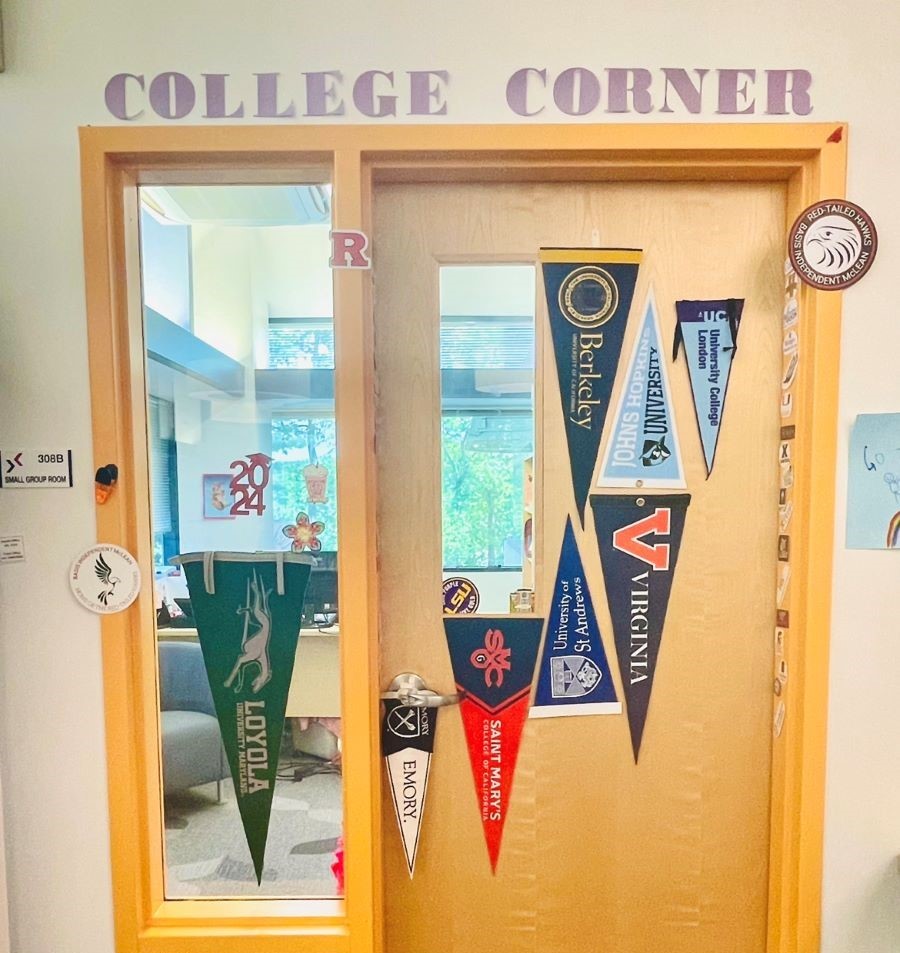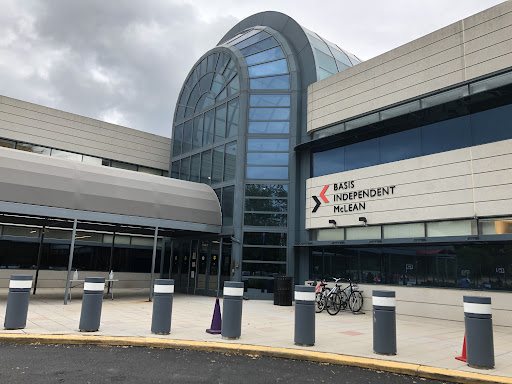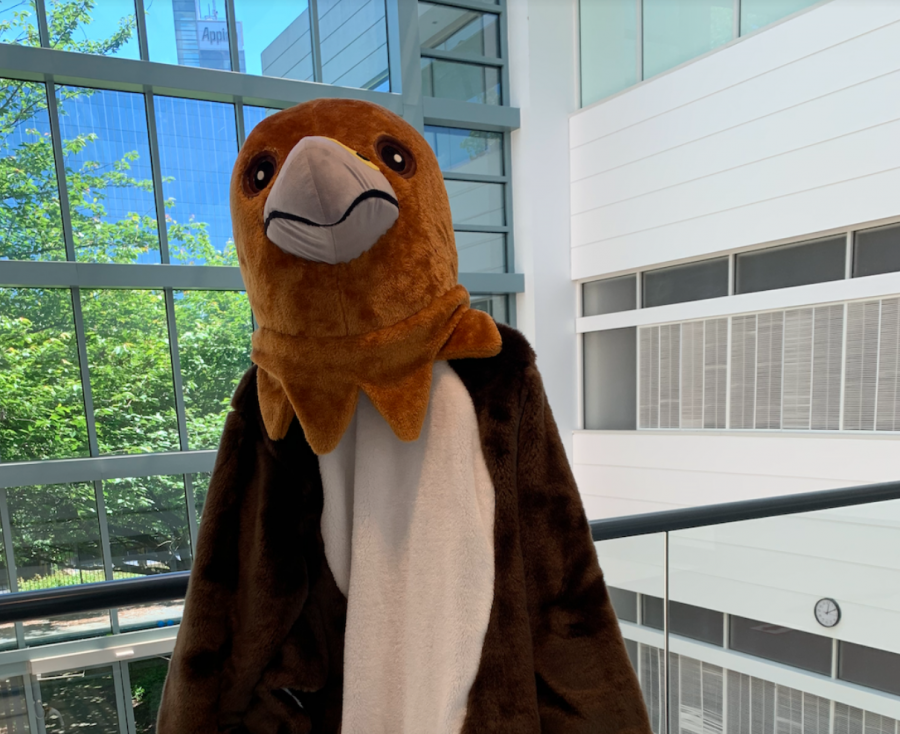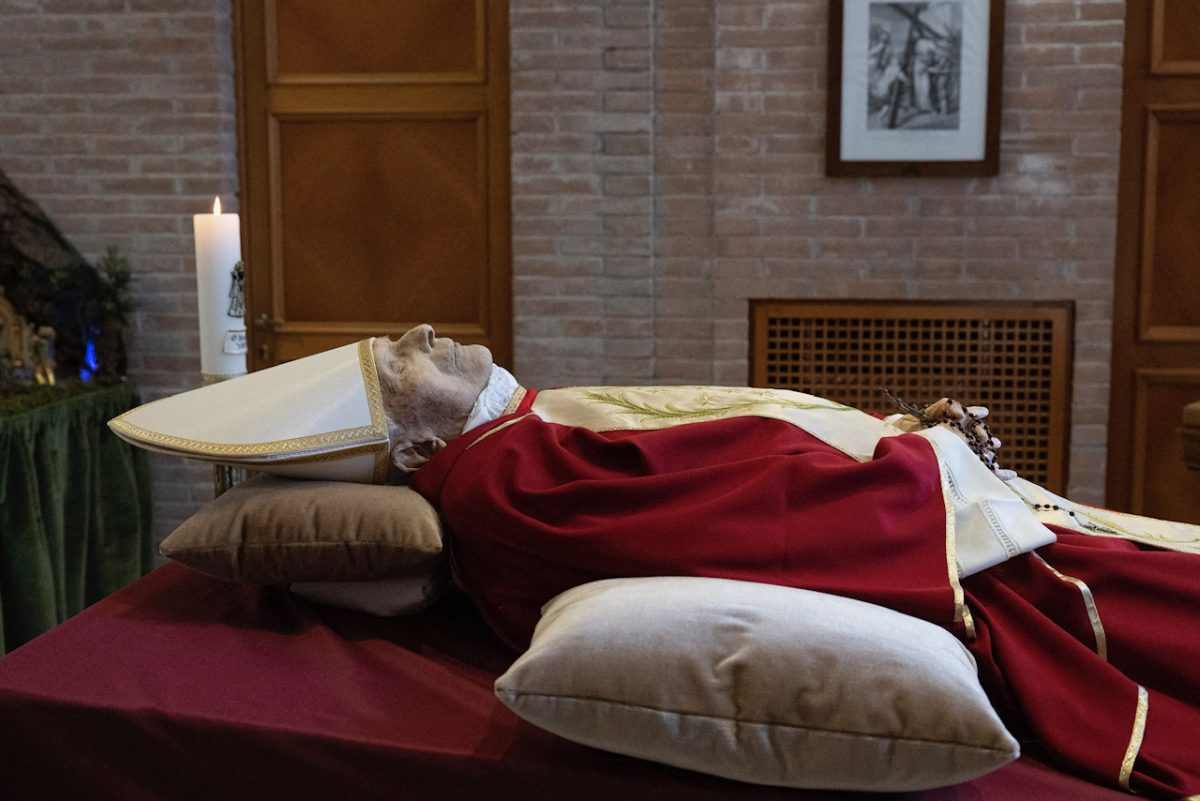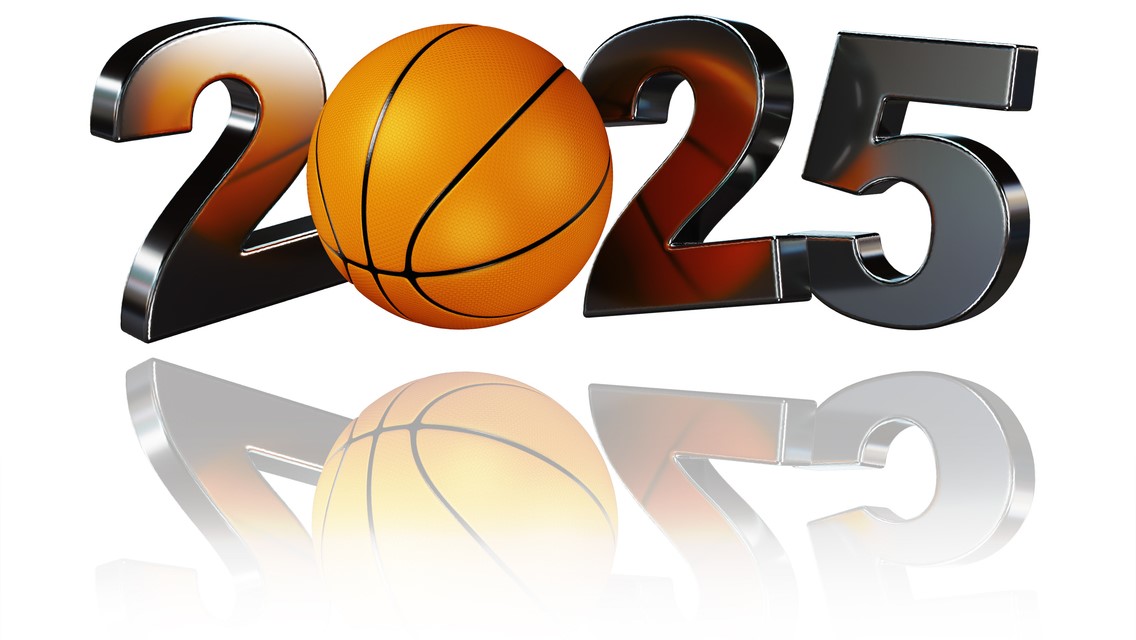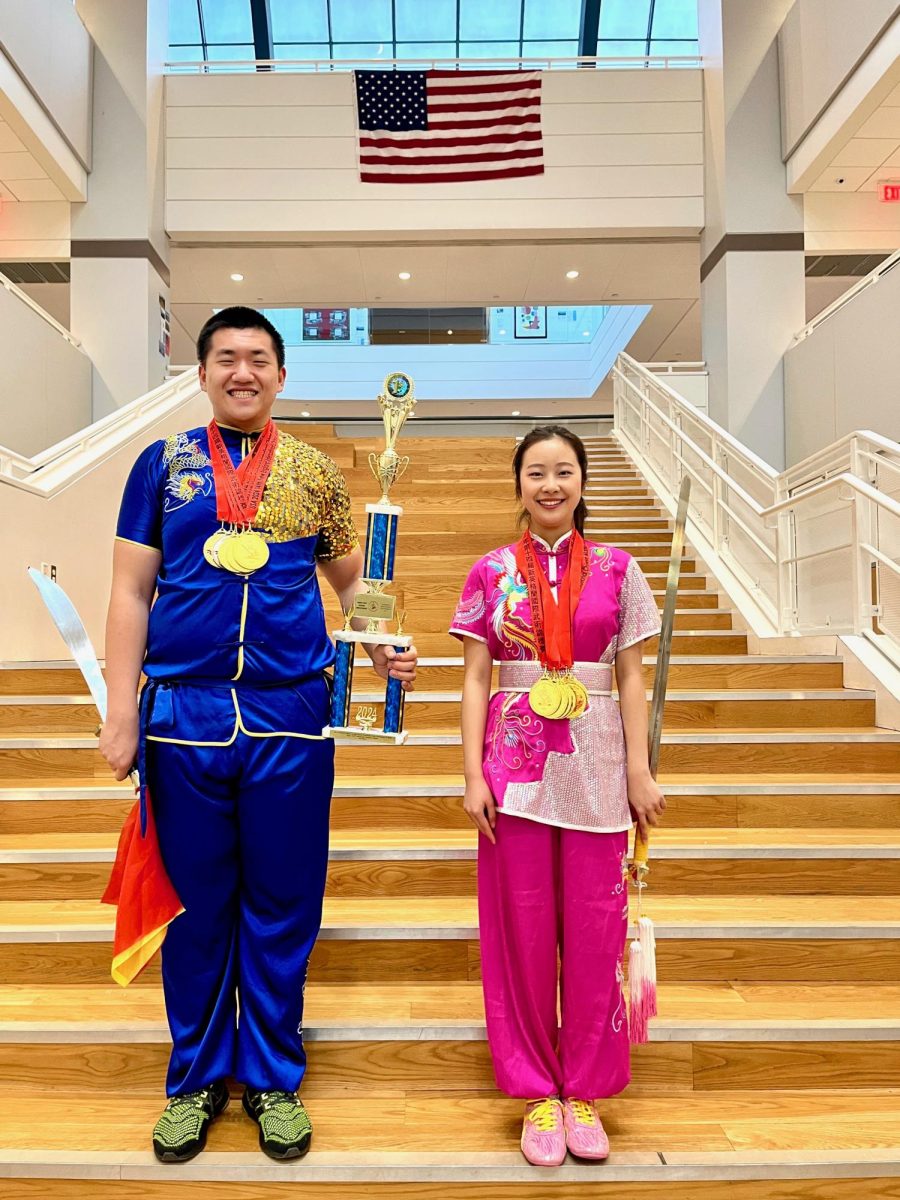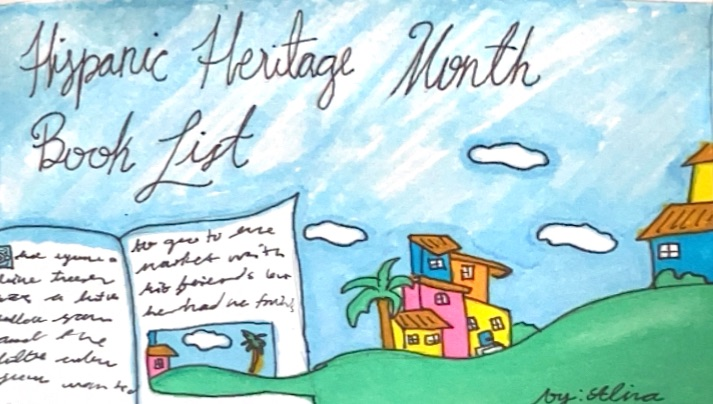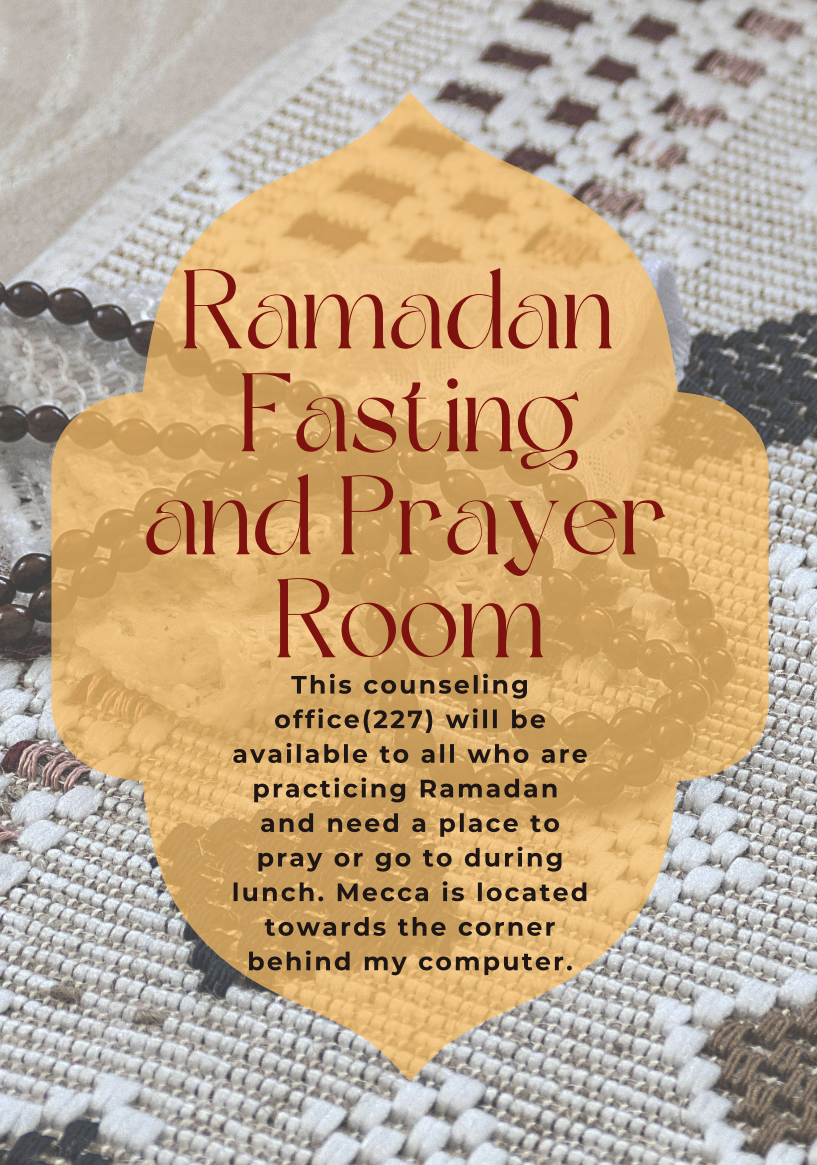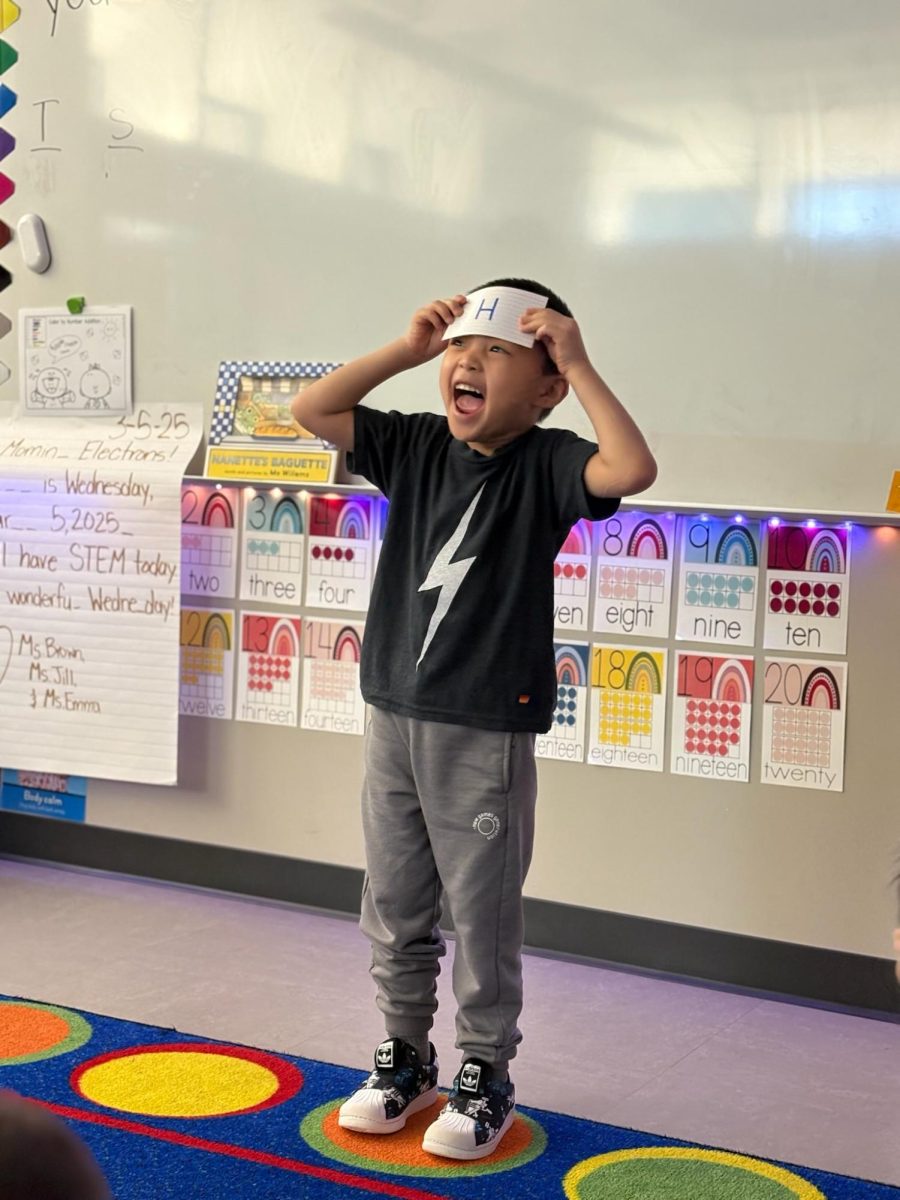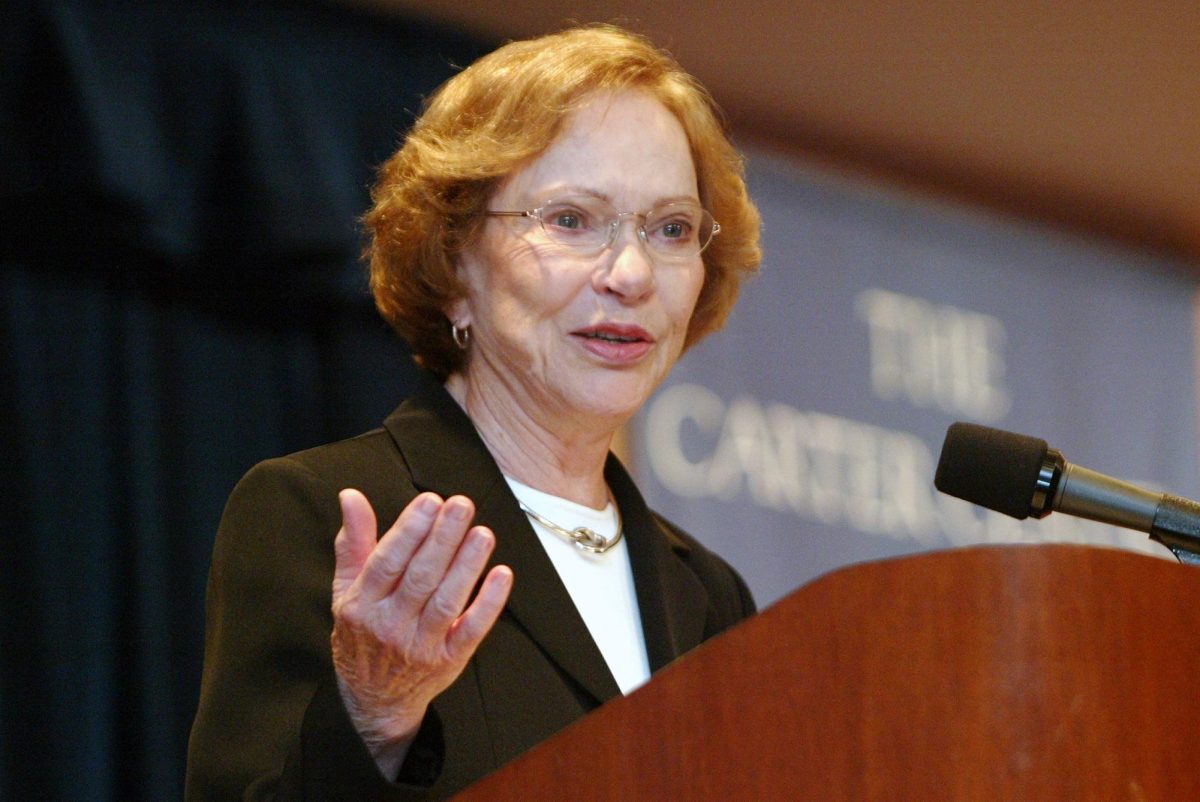Editorial note: The term “college visit” in this article refers broadly to anything from an in-person visit or tour to a college, to an information session given by an admissions representative. In essence, it refers to any planned interaction with someone from a college.
College visits can be important information-gathering tools for high school students as they determine the criteria they seek in their future college and home. Not only do college visits aid in deciding which college one might want to attend, but they also help prospective students understand the many facets of the college experience, such as dining hall perks or a selection of on-campus clubs and sports.
Gather all the information you can about the college. Having a little bit of knowledge going in gives you an edge. Visit their website, and see what they offer. This awards you the freedom to think about deeper things and details rather than finding out general information about the college during the visit. Other things to consider before a college visit are possible questions you might have. Online, colleges tend to have easily accessible statistics, such as student-to-teacher ratio or average class size. These help paint a better picture of the sort of educational environment the school has to offer. In forming your questions, cross-checking the school’s website is always wise.
Many students are interested in leaving an impression on an admissions officer or college representative. One of the many benefits of preparing questions beforehand is that it is a great way to achieve this goal. These questions should not be commonly available online, on the school’s website, nor should they be advertised by the school. BIM college counselor Ms. Irving advised that there is “most likely going to be a ‘why us’ essay on the application, and you want to stand out in that, and the best way to stand out is to know things that are pertinent to you that are unique.” One of the most effective ways to obtain this edge is to ask a unique question. One example of a unique question I have heard asked is, “how do new students find becoming integrated into the school community”? Another benefit to asking such questions is that many colleges keep tabs on demonstrated interest. A question that stands out might catch someone’s attention during an information session or on a tour. Most importantly though, preparing questions can give you great insight into the college process. Ms. Irving stated, “college is just as much about finding out how you fit into them.” She elaborates that a college may seek insights into your whole personality and your interests, not just your academic profile, to determine whether their institution is a good match for you. This can be easy to overlook when caught up in all the uncertainty surrounding and increasing competition associated with college admissions. It is crucial to gain insight into prospective colleges before deciding where you would like to spend four years of your life. As such, it is important to keep your needs for your future in mind. Whether this be the need for proximity to family or a partiality to cooking for yourself, as Ms. Irving put it, “knowing who you are, it’s such an individual process, at the core of it, it’s gotta be you in your journey, and your likes and dislikes.”
“Arrive, take notes, be present, be open to coming up with something or learning something new, and have fun with it,” stated Ms. Irving. During the visit, Ms. Irving recommends taking notes about anything that might interest you. It is essential to stay engaged. You get out of the experience only what you put into it. Remaining attentive and mindful of everything you hear and taking notes ensure that you learn something useful, as well as demonstrate an earnest interest in the college in question.
Ms. Irving also emphasizes the benefit of asking the “hard questions” when you have the chance during the visit, questions that you otherwise may never have another opportunity to. She gives examples: “I’m going to apply next year, and I have a C in Chemistry. How do you suggest I write about that in my application?” and, “what are you not looking for in a college essay?” Having the chance to speak with someone on the inside does not come often, so in this event, it is important to bring up questions like these. Ms. Irving also advises, “the college process evolves every year. If you’re a freshman, don’t assume it’s the way for you. Nuances are going to change over the years.” For this reason, if you are not a senior, you should keep in mind that some of the information you learn might not hold true in a few years time.
College visits offer invaluable opportunities for high school students to gather essential insights, ask thoughtful questions, and assess their individual fits with prospective institutions.

